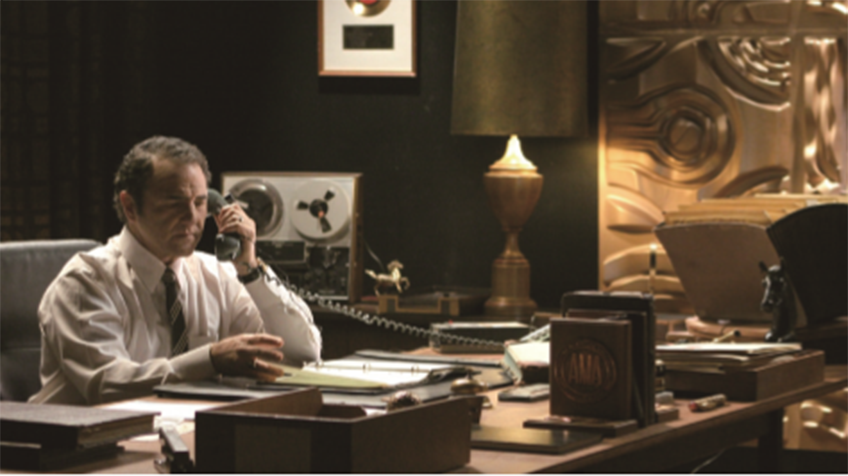My Father and the Man in Black
Jonathan HOLIFF
- Canada
- 2012
- 90min
- HD
- color/black and white
Synopsis
My Father and the Man in Black is a comprehensive documentary that presents the life of Johnny CASH, who dominated the music industry during his time. The film summons the iconic country musician up on the screen through interviews and video clips. From his illustrious heydays to his declining years, it captures his life and career in a broad spectrum. Yet, this documentary puts more weight on his later years. The opening scene speaks for the rest of the documentary, as it begins with the account of CASH’s suicide attempt, where he took pills and pulled a plastic bag over his head. It is a rare and valuable documentary because it contains all the stories behind the scenes that reveal the unknown side of the legendary singer. Like a faded black and white photo discovered in an attic, My Father and the Man in Black arouses nostalgia in the audience. Made of shoddy clips and images, the film reproduces the past. Also, the recordings of his voices sound so vivid that it gives the audience the chills. This documentary reproduces the life of Johnny CASH, as a son discovers the traces of his father, who is now a part of history. Unlike Walk the Line, a motion picture about Johnny CASH’s life, which focuses on his passionate love affair, My Father and the Man in Black illustrates the process of his decline from the height of his career. When a TV anchor ridicules Johnny CASH, calling him “Johnny Trash” for his drug addiction in the latter years, CASH quietly yet firmly says “Johnny CASH.” The gloomy portrait of the legendary singer haunts the audience. The documentary also shows Johnny CASH off stage, revealing the life that people only heard about in gossip columns and through the media in a panorama. The difficult years of his youth, running a restaurant, his time at Folsom Prison in California, the honeymoon with his black wife, and other stories complete his life like a mosaic. This film also contains excellent background music. Not only CASH’s beautiful songs but also the music of other outstanding contemporary artists, such as Elvis PRESLEY, strikes a chord with the audience. The term “Man in Black” in the title was a nickname for Johnny CASH, who insisted on wearing black suits at a time when artists dazzled the audience with colorful costumes. (JI Yong-jin)
Director
-

Jonathan HOLIFF
Jonathan HOLIFF made his directorial debut with the first-person, theatrical documentary My Father and the Man in Black in 2012. A former television producer, his credits include live television and music specials. For seven years, he produced The NHL Awards for ESPN, and has since worked on television shows broadcast by FOX, CBS and TBS. My Father and the Man in Black (2012)
Credit
- ProducerJonathan HOLIFF, Tanya Lyn NAZAREC, Jennifer PHILLIPS
- Editor Nick HARAUZ, Rob RUZIC
- Music Michael TIMMINS SOUND Daniel PELLERIN
PRODUCTION COMPANY / WORLD SALES
PRODUCTION COMPANY New Chapter Productions
WORLD SALES Wide House
Tel 33 1 53 95 0464
E-mail ac@widemanagement.com
